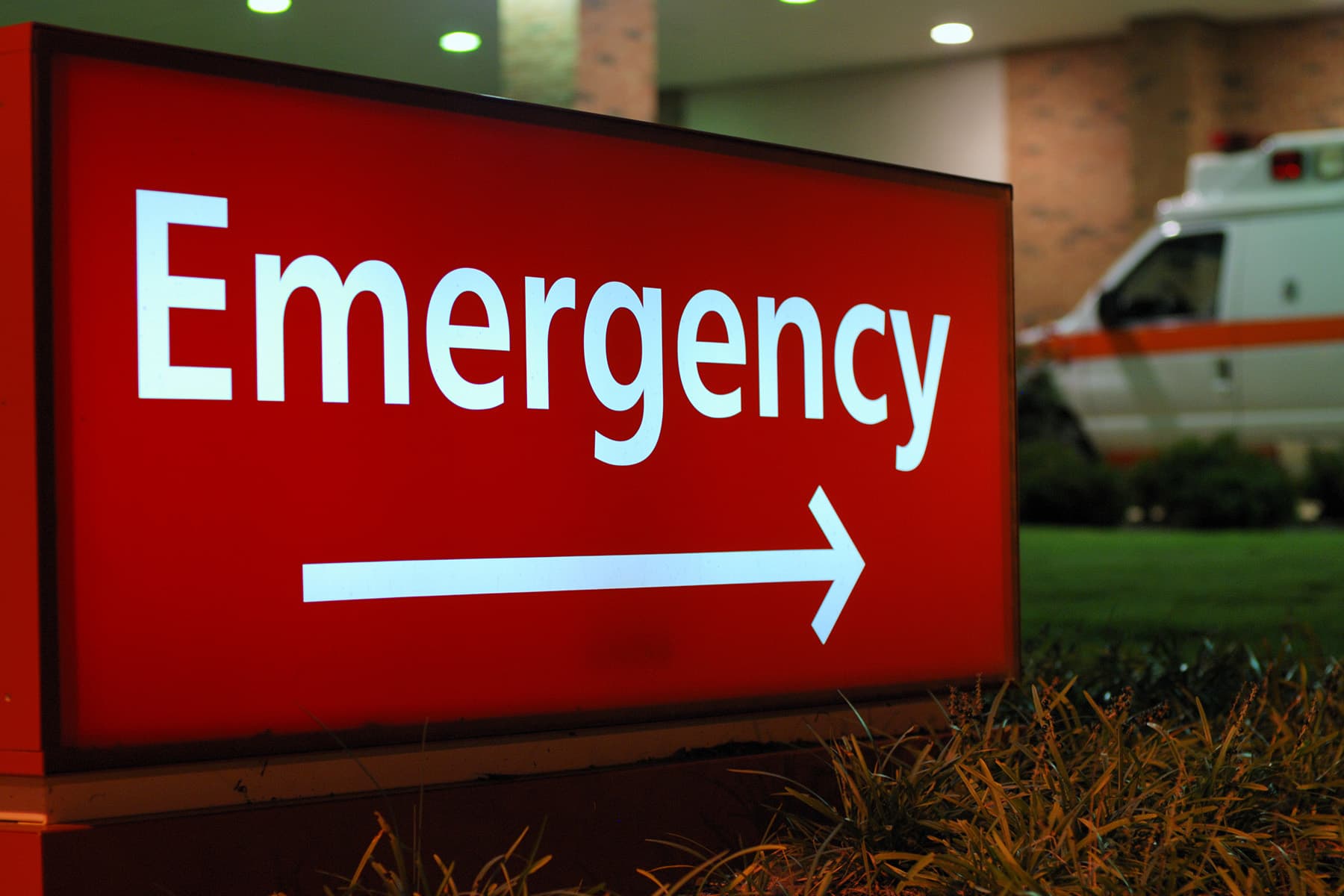[ad_1]
HealthDay Reporter
However one other new worrisome dynamic is afoot in the USA, a just-published examine reveals: pediatric poisonings from a very deadly combo — a potent artificial opioid often called fentanyl and a strong veterinary sedative referred to as xylazine.
“Infants or toddlers uncovered to fentanyl are vulnerable to loss of life,” even with out the added menace of xylazine, mentioned lead creator Dr. Stephanie Deutsch, medical director of the Nemours CARE Program at Nemours Kids’s Well being in Wilmington, Del.
In each kids and adults, fentanyl shortly slows each respiratory and coronary heart fee whereas additionally triggering an altered psychological state.
And inside the world of overdose deaths, that danger is more and more frequent, the brand new examine authors identified. Whereas fentanyl publicity alone accounted for 14% of overdose deaths in the USA in 2010, that determine shot as much as nearly 60% by 2017.
The unhealthy information: Xylazine is just not an opioid, and there’s no identified antidote or treatment to reverse its results, she mentioned.
Whereas xylazine can present vital ache reduction and muscle leisure when used to deal with massive animals (corresponding to cattle and horses), an grownup or youngster who’s uncovered to xylazine-opioid combos can expertise extreme respiratory and central nervous system melancholy and cardiovascular results that don’t reply to naloxone, Deutsch famous.
On the road, the xylazine-opioid combo is usually offered as “anastesia de caballo” (horse tranquilizer), “tranq” or “sleep reduce,” Deutsch and her Nemours colleague and co-author Dr. Allan De Jong famous.
The combo is more and more sought-after by leisure drug customers in search of a protracted and euphoric excessive, regardless of the dangers.
A database of deadly drug overdoses in 38 states and Washington, D.C., cited by Deutsch and De Jong exhibits that quest has been gaining traction.
Opioid-xylazine poisoning amongst infants and toddlers are one other matter completely, the examine authors confused.
By definition, such kids are unwitting victims, poisoned because of the carelessness or poor selections of grownup caretakers who deliver the lethal combo into the house.
Three latest instances cited within the new examine emphasize the purpose in horrific element.
One concerned a 15-month-old boy who went into cardiac arrest after turning limp and blue in a automotive seat following publicity to the deadly drug pairing, presumably by way of his mom, who had almost died every week earlier from an identical publicity.
One other concerned a 7-month-old boy who collapsed after publicity to a parental stash.
And a 3rd concerned a 19-month-old boy who went into cardiac arrest whereas strapped right into a automotive seat, doubtless due to parental publicity.
On the one hand, mentioned Deutsch, “infants and toddlers are vulnerable to unintentional, exploratory ingestions and exposures primarily based on their developmental curiosity and hand-mouth behaviors,” facilitated by prepared proximity to a parental provide. Most pediatric fentanyl-xylazine overdoses are unintentional, she added.
In all three instances cited within the examine, the kids survived after emergency room remedy. “(However) some infants have died from xylazine publicity,” Deutsch famous.
So what may be executed?
“Households and caregivers ought to all the time be sure that medicines and every other objects that could possibly be dangerous to kids must be stored in elevated places — ideally in locked cupboards,” mentioned Dr. Danielle Orsagh-Yentis. She is an assistant professor within the division of pediatrics at Vanderbilt College in Nashville, Tenn., who reviewed the brand new examine findings.
“If somebody believes his or her youngster might have ingested a substance like this, she or he ought to contact the poison middle instantly,” she added.
Deutsch agreed that caregivers ought to take steps to maintain the opioid/tranquilizer out of kids’s attain.
Extra info
There’s extra about parental drug misuse and the chance it poses to kids on the U.S. Substance Abuse and Psychological Well being Companies Administration (SAMHSA).
SOURCES: Stephanie Anne Deutsch, MD, MS, FAAP, medical director, Nemours CARE Program, Nemours Kids’s Well being, Wilmington, Del.; Danielle Orsagh-Yentis, MD, assistant professor, pediatrics, pediatric gastroenterology, hepatology, and vitamin, Vanderbilt College, Nashville, Tenn.; Pediatrics, Dec. 23, 2022, on-line
[ad_2]

